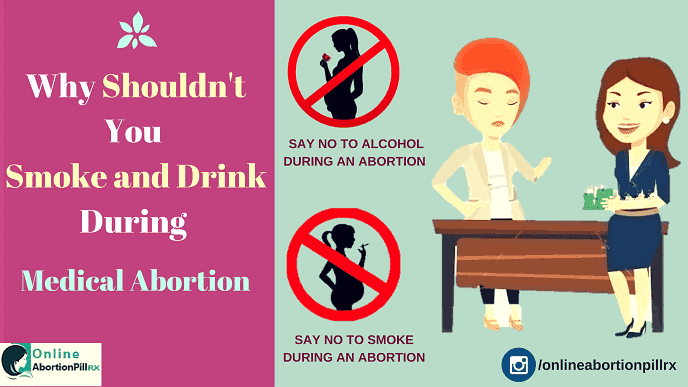Contraceptives May Lower Unwanted Pregnancies
July 28, 2016 9:14 am Leave your thoughtsUnplanned pregnancies are a problem not only in the United States, but throughout the world. According to a research, 90 percent of abortions happen because of unintended pregnancy, and 50 percent of these occur in developing countries, where access to birth control lacks. In other cases, female do not understand the importance of using contraception and either avoid it or utilize these incorrectly, leading to a pregnancy they had not expected.
Often people with unwanted pregnancy at a young age may be compelled to not pursue a full-term birth. At an early gestation, women can buy abortion pills or undergo surgical removal of fetus to cause end of pregnancy. Other options are parenting (bringing up the child), or adoption (giving up child in foster care). All these choices need to be well understood, before opting one that is best for the person and her wishes.
Here are ways one can plan a pregnancy:
- Perform an unprotected intercourse in case trying to conceive.
- Utilise contraceptive in case there is no will to get pregnant then.
- Talk to partner about contraception use.
- Understand which birth control is suitable for use.
- Utilise the device, medicine etc, chosen correctly.
- Check for results after completed course of treatment.
The females counselled for different contraception methods look for safety and effectiveness, while understanding the risks to the same. If people take steps to prevent pregnancy, perhaps there would be lesser necessity for terminating conception as well. However, there has been instance where women get pregnant despite using birth control. Though such events are rare, these are termed as ‘accidental pregnancies’.
Here is the list of contraceptive choices:
- Intrauterine devices and implants (for longer period of protection)
- Birth control shots, rings, and patches (short-acting methods).
- For emergency birth control, Plan B medication is one of the choices.
- Regular birth control pills like Ovral, Loette, and Nuvaring vaginal rings.
Users can take a product as per their convenience, and it is best to discuss appropriateness of one with a doctor by sharing medical history details. If allergic to any of the substances on the medicines or items, it is better to look for a substitute way to prohibit a pregnancy. Some may prefer taking contraceptives to manage their menstrual cycle as well. If the medication is used for this purpose, then the person must discuss about her reproductive cycle and pregnancy planning with a health expert.
Here are options in case birth control fails:
- If there is delay of two weeks and more from expected menses date, get a pregnancy check.
- In the event of pregnancy, decide either to continue it or not.
- Stop taking contraception if pregnancy is confirmed.
- To avoid surgical pregnancy termination, use MTP Kit abortion pills before 10th gestation week.
- For foster care, get in touch with register foster care units only.
Using birth control is one of the important steps to manage pregnancy if the person is sexually active with their partner. An individual must keep complete knowledge of contraception and abortion methods to be aware of possibilities to her pregnancy. Stay healthy and safe by taking appropriate measure to control reproductive health.
Categorised in: Abortion, Abortion Pills, mifeprex, MTP Kit
This post was written by Marcella











